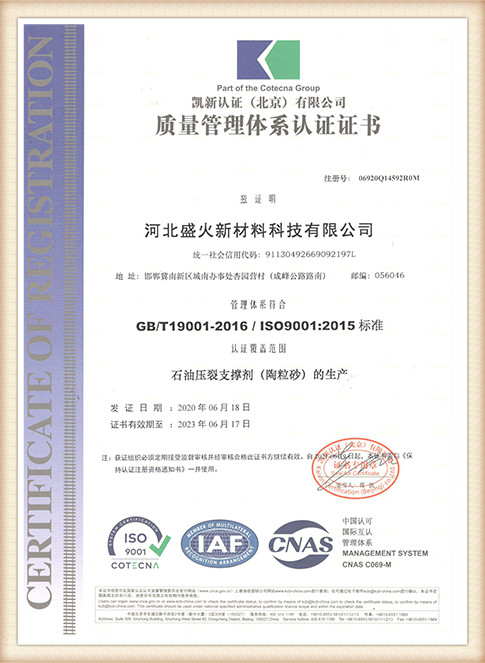Understanding Foundry Sand Definition, Types, and Applications
Foundry sand plays a crucial role in the metal casting industry, serving as a primary material used to create molds and cores for various metal castings. This specialized sand is a key component in the production process of metals such as iron, aluminum, and steel. In this article, we will delve into the definition of foundry sand, the types available, and their applications in the foundry industry.
Definition of Foundry Sand
Foundry sand is defined as a high-quality silica sand that is used in the metal casting process. It is specifically designed to withstand the high temperatures associated with molten metal and to provide the necessary strength and stability to support the casting process. The primary characteristics of foundry sand include its grain size, shape, and chemical composition. The sand must possess a high fusion point and low thermal expansion to prevent distortions and defects in the final product.
Types of Foundry Sand
There are several types of foundry sand, each serving specific purposes within the casting process. Here are the most common types
1. Silica Sand The most widely used type of foundry sand is silica sand, made primarily of quartz grains. Silica sand offers excellent thermal properties and is compatible with a variety of binders used in molding processes. Its availability and cost-effectiveness make it a popular choice among foundries.
2. Chromite Sand This type of sand is rich in chromium and is often used in casting processes that require high thermal conductivity and resistance to heat and metal penetration. Chromite sand is particularly useful for producing cast iron and steel shapes.
3. Zircon Sand Zircon sand is a high-value specialty sand that has impressive thermal properties. It is often used in applications requiring high precision and a superior finish. Due to its unique characteristics, zircon sand is frequently used in the production of complex castings.
4. Resin-coated Sand This type of sand is coated with a special resin, enhancing its binding capabilities. It provides superior strength and is ideal for producing intricate molds and cores. Resin-coated sand is especially valuable in processes that demand high-quality surface finishes on cast components.
foundry sand definition

5. Green Sand Composed of a mixture of silica sand, clay, and water, green sand is used to create molds in the foundry process. This type of sand is known for its flexibility, allowing for the production of various shapes and sizes in metal casting.
Applications of Foundry Sand
Foundry sand has a wide range of applications across the metal casting industry. Its primary uses include
1. Mold Making Foundry sand is used to create molds that shape molten metal into desired forms. The unique properties of different sands allow foundries to select the appropriate type based on the casting specifications and requirements.
2. Core Making In addition to molds, foundry sand is also used to produce cores that create internal cavities in castings. This is crucial for producing complex shapes and designs that are common in modern manufacturing.
3. Recycling and Sustainability With an increasing focus on sustainability, many foundries have adopted practices to recycle foundry sand. Used sand can be processed and reused in various applications, reducing waste and promoting environmental responsibility.
4. Specialty Applications Foundry sand finds applications in industries beyond metal casting, such as in construction, filtration, and even in sports fields as a component of topdressing materials.
Conclusion
In conclusion, foundry sand is an indispensable material in the metal casting industry, offering a unique combination of properties that contribute to the performance and quality of cast components. Understanding the definition, types, and applications of foundry sand allows foundries to make informed decisions in their manufacturing processes, ultimately leading to improved efficiency and product quality. As the industry evolves, the need for innovative sand solutions will continue to grow, driving further advancements in the field of foundry technology.
Post time:டிசம்பர் . 05, 2024 15:36
Next:advantages and disadvantages of sand casting
